Rights group urges revision of UN-Bangladesh deal on Rohingya refugees
A human rights group has urged the United Nations (UN) and Bangladesh to revise a recent deal over the relocation of thousands of Rohingya Muslim refugees to a remote, inhospitable island.
The UN and the government of Bangladesh inked a memorandum of understanding on October 9 to provide certain services to the Rohingya refugees who have been relocated from crammed camps near the border with Myanmar to the Bhasan Char Island.
Over 19,000 Rohingya refugees have been moved to Bhasan Char by the government, and another 81,000 refugees will be relocated to the island in the coming months.
The relocations took place despite protests by the refugees and reports by rights groups that some of them were involuntary. The refugees also demand freedom of movement between the island — which is prone to natural disasters — and the sprawling mainland camps near the port town of Cox's Bazar.
Catherine Stubberfield, a spokesperson for the regional bureau for Asia and the Pacific of the UN refugee agency (UNHCR), said on Friday that the agreement "clearly states that refugees moving to Bhasan Char will do so on a voluntary basis," adding that though the text was not public, it was available to "key stakeholders involved in the Rohingya humanitarian response."
Fortify Rights, which said it had examined the deal, on Friday urged the UN and Bangladesh to revise it to include freedom of movement to the mainland.
"UNHCR's lifesaving services are essential and needed on the island, but the agency must ensure it is not propping up a refugee prison with this agreement," Ismail Wolff, the group's regional director, said.
According to a copy of the agreement seen by Reuters, the deal says the UN would be "permitted unhindered access" to the population but offers no guarantee the refugees will be allowed to move freely to the mainland.
"We don't have the right to liberty of movement. We are confined here but no one cares. Our fate is to be stuck," Reuters quoted a refugee, who asked not to be named, as saying.
The refugees on the mainland are also not allowed to leave their border camps.
The number of the Rohingya Muslims who have been living in Bangladesh after fleeing Myanmar is over one million.
Starting in 2017, Rohingya Muslims were subjected to a campaign of killings, rape, and arson attacks by the military and Buddhist extremists in Myanmar, in what the UN has described as "a textbook example of ethnic cleansing." The brutal campaign forced some 700,000 Rohingya Muslims to flee their homeland since August 2017 and seek refuge in Bangladesh.
The Rohingya, who have lived in Myanmar for generations, are denied citizenship there and are branded illegal immigrants from Bangladesh, which likewise denies them citizenship.
Iran: Undocumented Afghans repatriated in line with international law
Seoul boosts military spending under US pressure
VIDEO | Intl. Human Rights Day demo in US slams war on Venezuela
VIDEO | Press TV's news headlines
Hamas: Israel breaching 1st phase commitments of ceasefire
VIDEO | Tunisia joins global effort to launch a new freedom flotilla to Gaza
Iceland withdraws from Eurovision Song Contest over Israel's participation
VIDEO | Huseyn Dogru-EU sanctions journalism


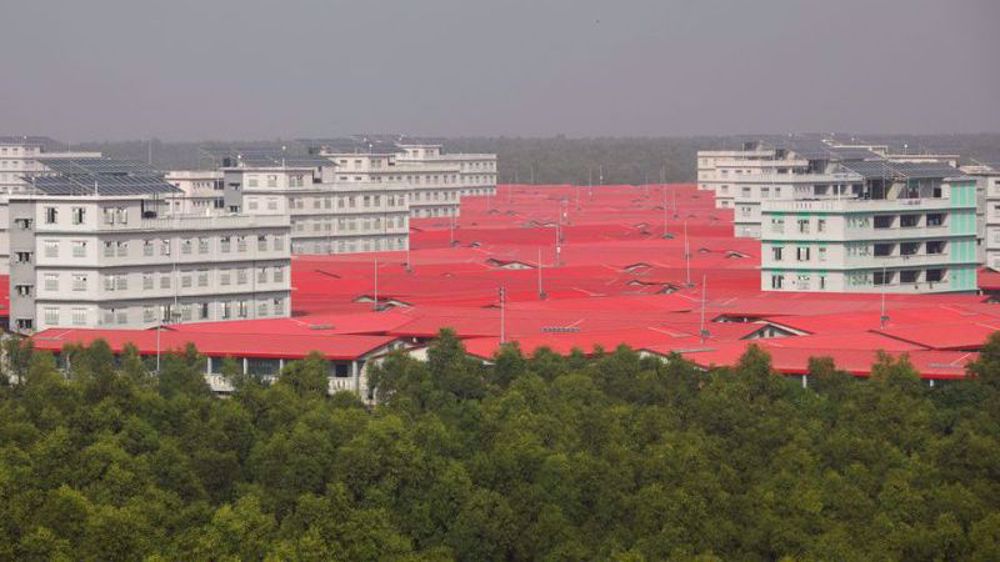
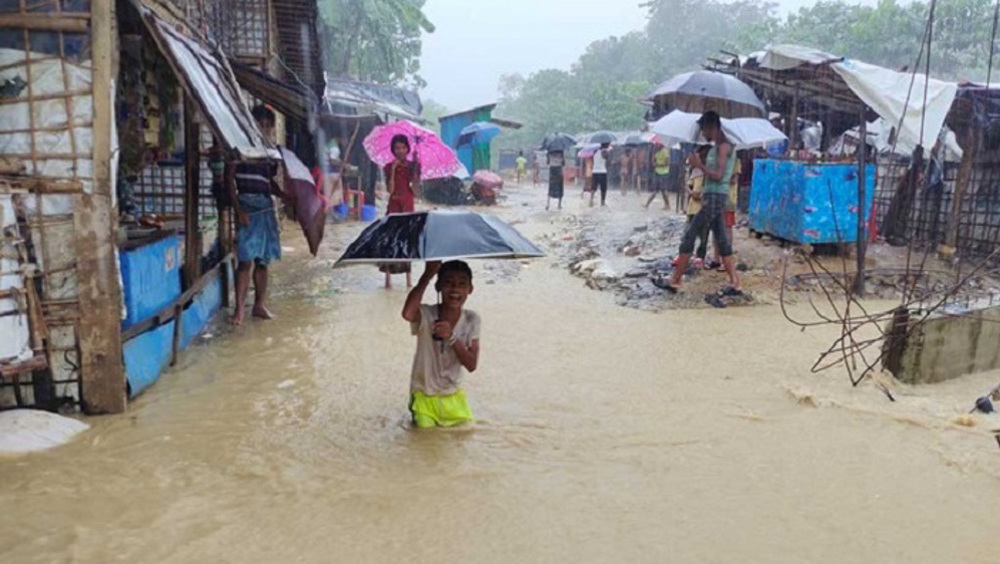






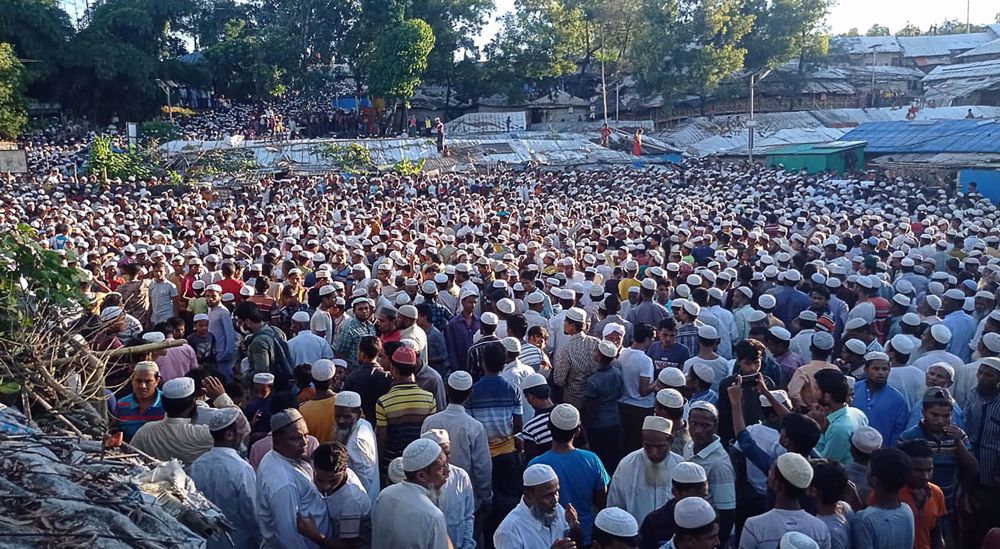
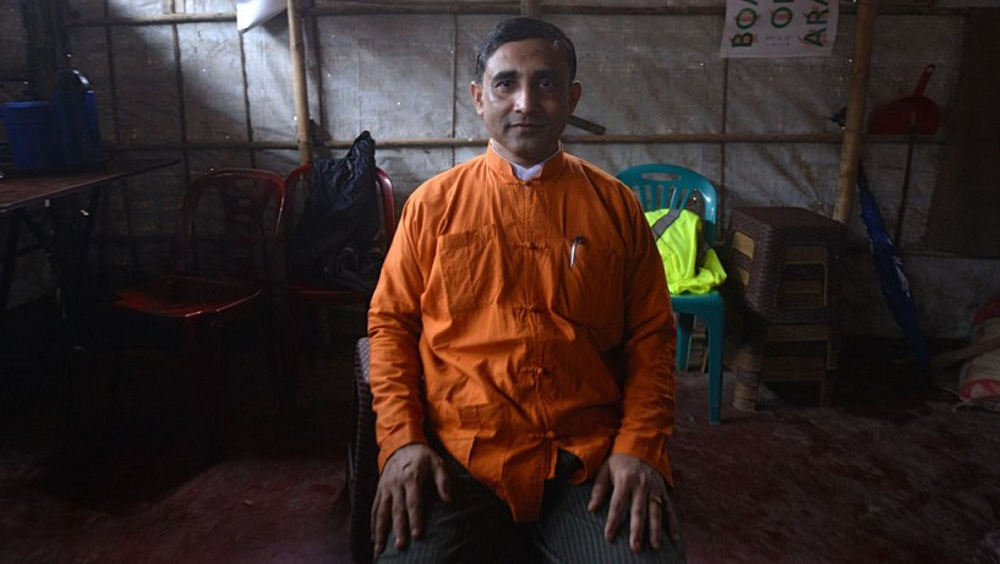
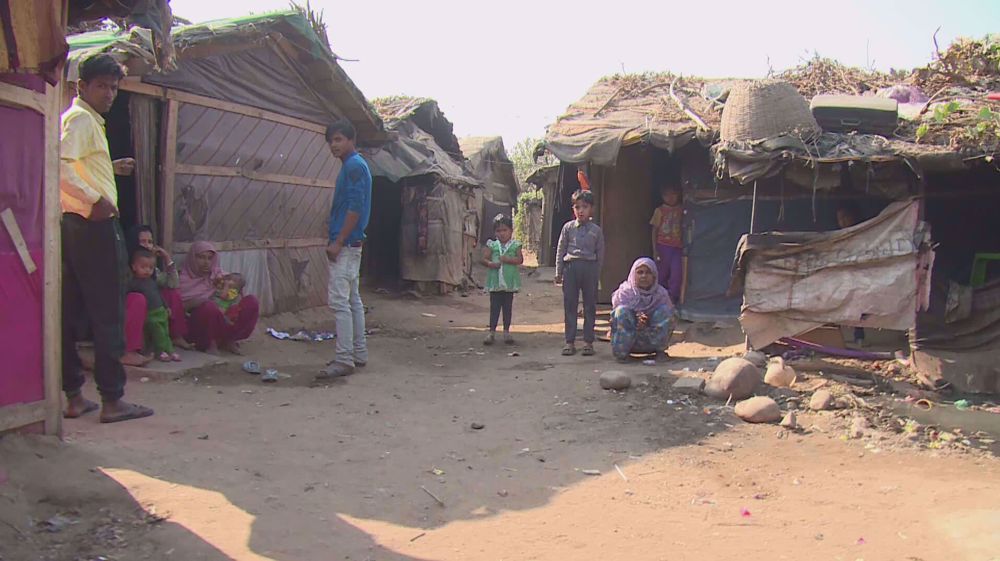
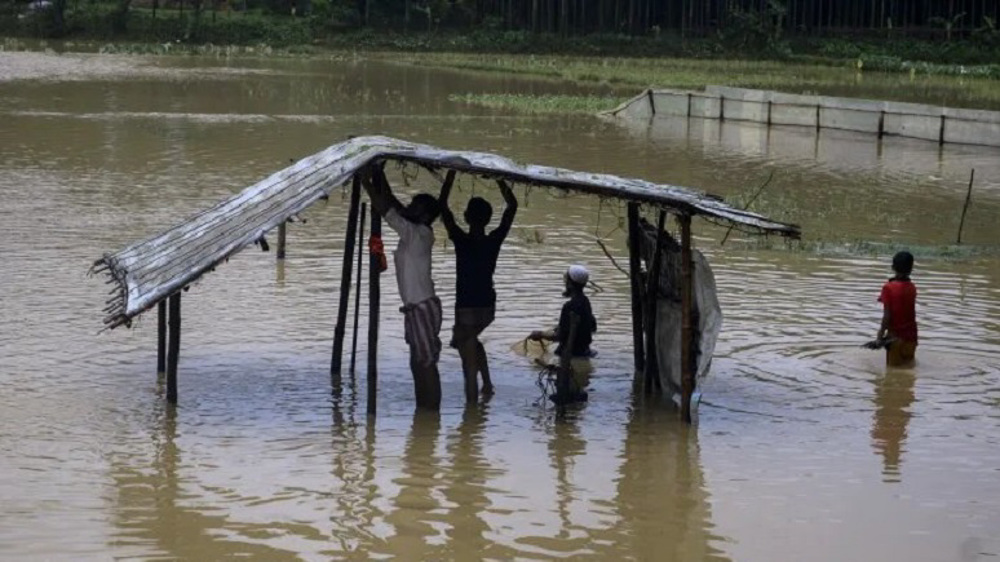
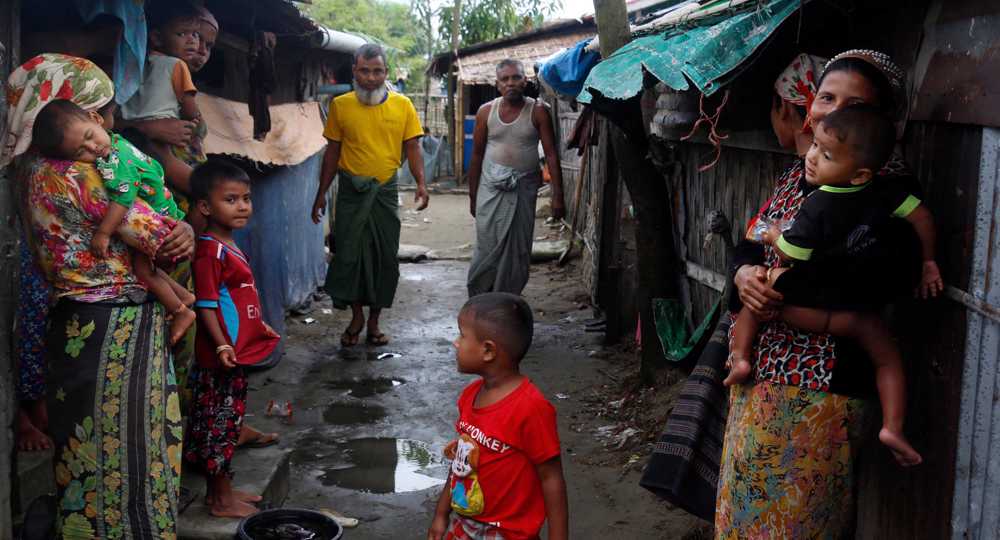

 This makes it easy to access the Press TV website
This makes it easy to access the Press TV website